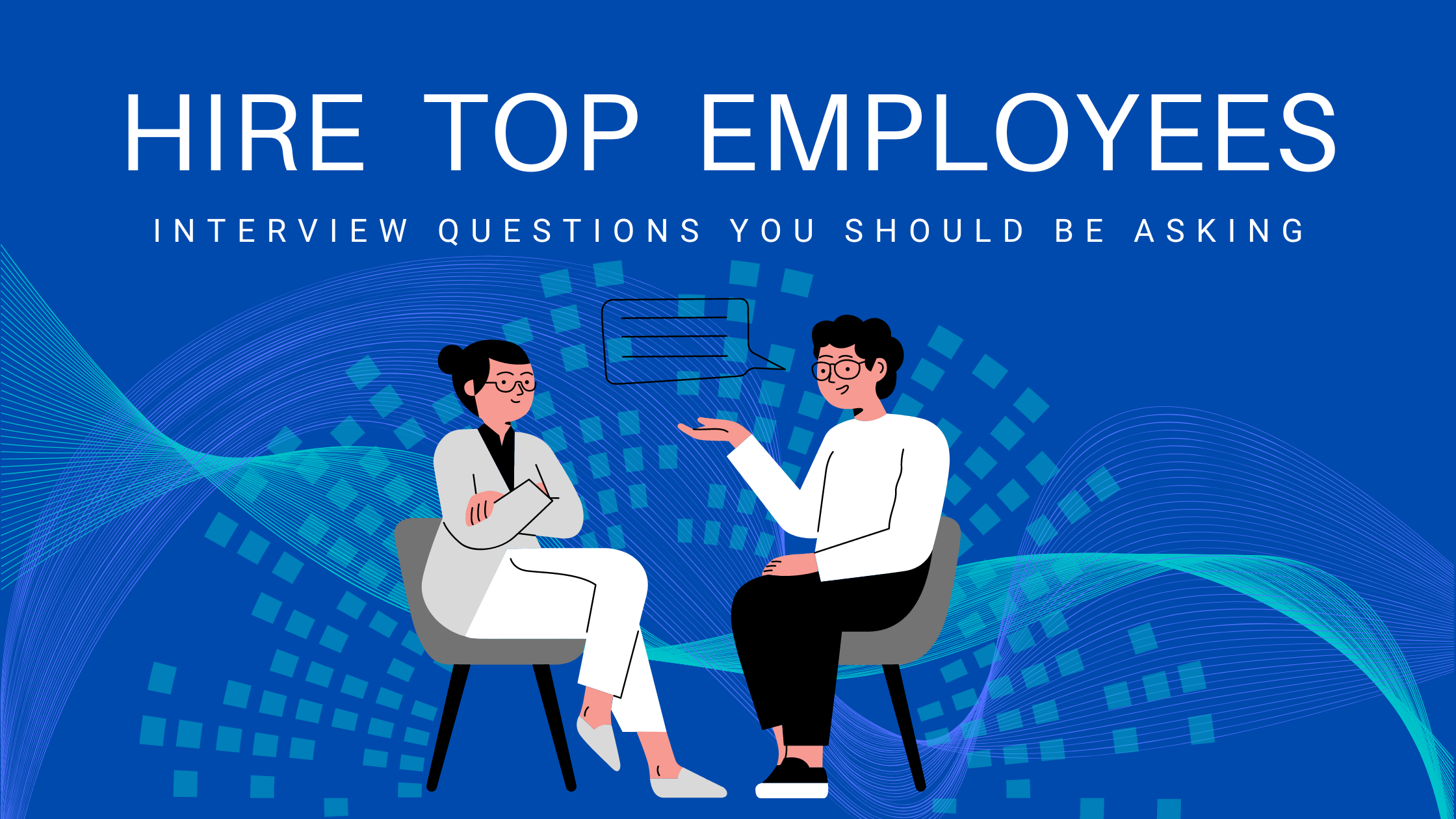In most interviews, candidates do their best to give the answers to questions that they think the interviewer would want to hear. This article is for the hiring manager that really wants to get to know a potential candidate’s character in a short amount of time.
It is common that we hire people who fit all the check marks of the job description. However, after a month you soon find out that this person was not the right hire for the position. There’s got to be a way to better screen candidates and make better hires for your company on a more consistent basis, right? Yes there is!
beylikdüzü escort
istanbul escort
Conducting a good interview is an art form that takes practice. Like painting a picture, we must have a good grasp on what we would actually like to paint (the ideal employee/candidate), the necessary brushes to use at which times (Questions that allow the person to open up and move the interview along), and the appropriate strokes to brush (asking the right questions to the right people). As I said, to become a good artist it takes practice; you learn more as you do it, and you become more skilled with time. However, here are 5 questions you can start asking today that will help you to have a better idea of who you are hiring.
bostancı escort bayan
ümraniye escort bayan
ümraniye escort
anadolu yakası escort bayan
göztepe escort bayan
şerifali escort
maltepe escort
maltepe escort bayan
tuzla escort
kurtköy escort
kurtköy escort bayan
1. What are the top 2?
Example: What are the top 2 things that you look for in a job or company?
This is a good question because you get to hear about what is important to the candidate pertaining to work. They may answer with growth tracks in a company, great health benefits, pay(which would be the majority of number one answers). Their top thing will usually fall in line with those common answers but question #2 will really shine some light on the candidates desires.
After you’ve heard both answers you can ask why those things are important to them so that they can expand upon them. This will allow you to learn what motivates that specific candidate and if they line up with your company’s values.
2. Imaginary Scenarios
Example: How would you react if…… there were rumors circulating that there would be layoffs coming in the following weeks?
If you are curious to know how the employee handles stress for example, instead of simply asking them how they do with it and hearing the response of “I am able to stay calm when I deal with stress, I assess the situation and adjust accordingly” That answer sounds great and ideal, but is it true? Presenting an imaginary scenario will allow you to get a glimpse into how the employee really thinks and how they would really react in a stressful situation. Will they panic, will they speak to their supervisor directly about it, will they perpetuate the rumor by asking other coworkers about it? From their response you can draw inference into their character when they feel their back is against the wall.
3. Emotional Quotient – Their EQ
Example: How would you feel if……a person in a leadership position of the company asks you to do some extra work to help them finish a task on time?<
This is a great “team player” question. This is like the imaginary scenario but it helps to unlock how they feel about something. Take leadership for example, you can hear how they feel about being told what to do, or how they view doing more without more compensation, etc. By their answer you can examine how much of a team player they really are or if they have no desire to do anything that is not listed in their job description.
A good answer would be something along the lines of “I would try to help them” or “If I could spare the time, then I would help them out no problem” Then you can discern that the person has traits of being a team player.
4. Self Perception
Example: Do you consider yourself to be a……..Teacher? Leader? Trustworthy? Why or why not?
This is a good question to gage their leadership qualities without directly asking them about them, or test their integrity. You may hear responses of “Yes, I’ve led small teams in the past that I had to teach the job to” or you may hear, “No, I’ve never taught anyone before. I’m not good at it.”
The key is to listen intently to their responses. Draw inference from their stories and examples they use. If they say, “Yes, I am trustworthy” you can still ask “why?” And learn what motivates them to be trustworthy.
5. Take me there
Example: Fast forward, you’ve been working at the company for 5 years now, what have you accomplished? Would you be promoted? Would you still be working here?
Where there is lack of vision, there is lack of growth. By this question, you can determine their vision for themselves and the company. You want someone that sees themselves growing with the company. Someone who wants to be promoted and not stay in the same spot. If they are thriving in the company that likely means that the company is also thriving. You’ll know if you have someone just passing thru or if they intend to be around for the long haul.
With this question, you can also discover their confidence level; are they confident or arrogant? What is their humility level like and would they be the type to step on others to get ahead?
These questions are examples of interview approaches that you can take to have a better idea of how a person really is and if they would be an asset or a liability to your company. Cookie-cutter questions will give you cookie-cutter answers. This style of interviewing helps to unlock things in individuals that they may not be willing to share on their own. Try them out and make them your own!
Happy Hiring!




